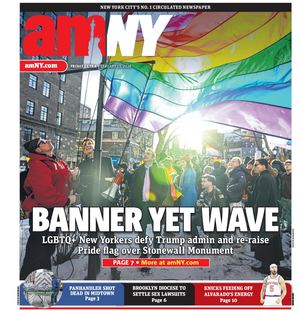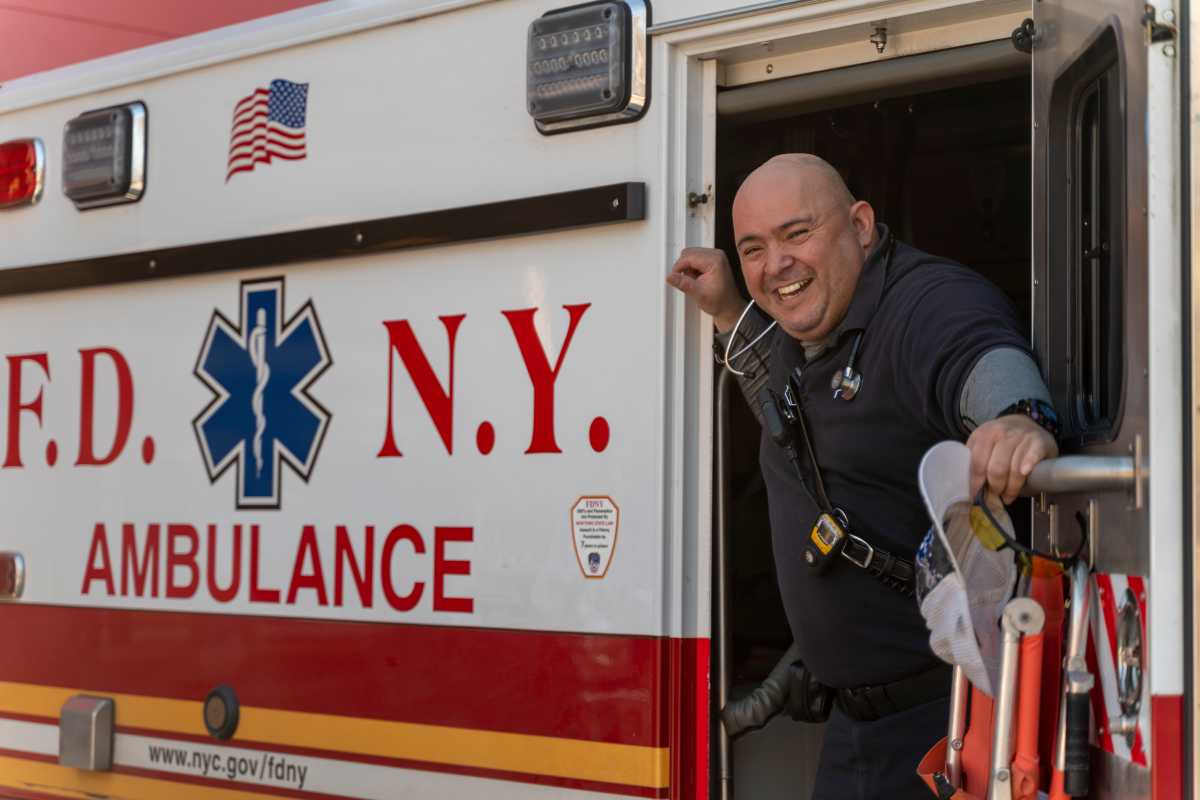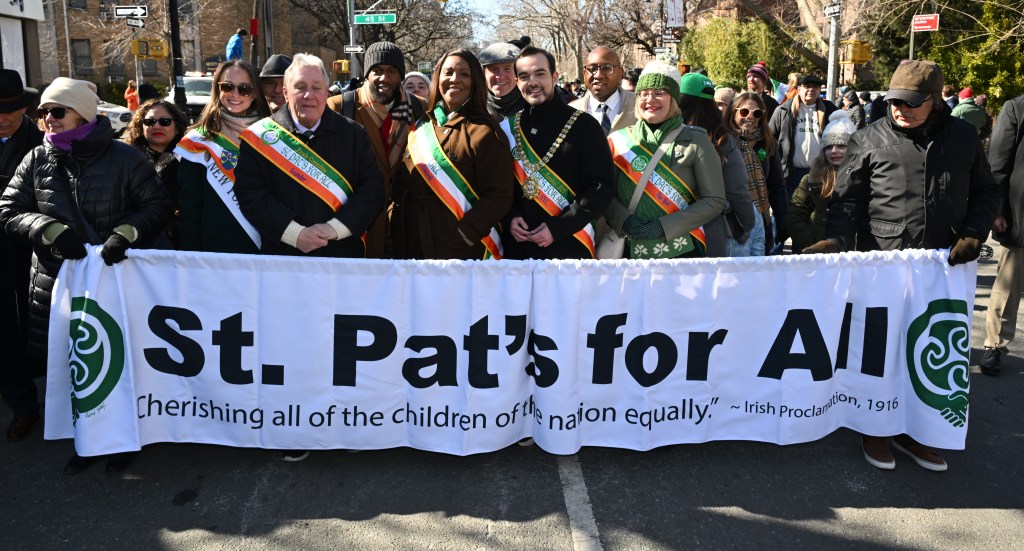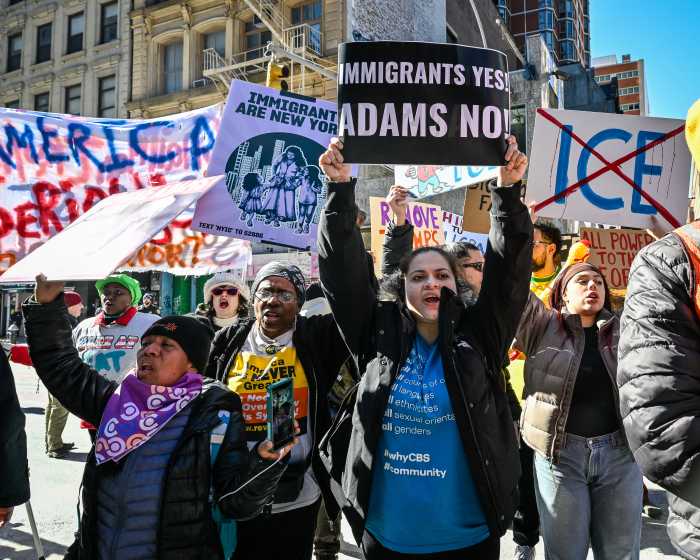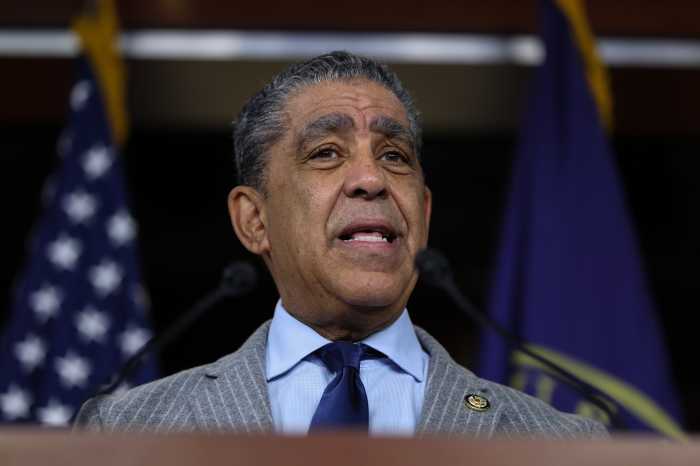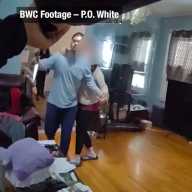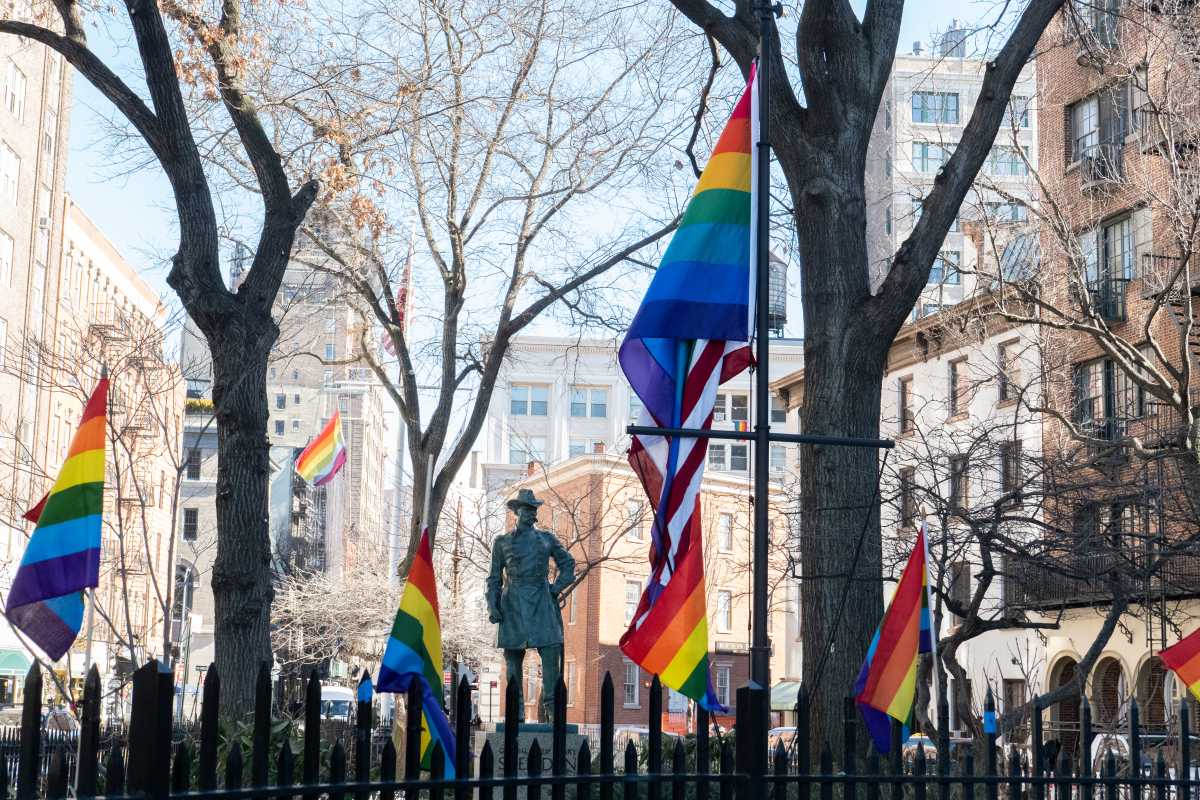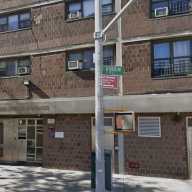If you are a New Yorker, chances are you are an immigrant or a descendant of one. Nearly 40% of all Americans can trace at least one of their ancestors back to New York City.
More than a third of New Yorkers were not born in the U.S. Nearly half of our essential workers – nurses, delivery drivers, grocery store clerks – were born outside the United States. Immigrants were on the frontlines of the COVID-19 pandemic serving their fellow New Yorkers, and it is important to acknowledge how our city has been built on a generation of immigrants, contributing to its soul, economy, and resilience.
A recent New York City Health Department report, The Health of Immigrants in New York City, reveals some encouraging trends on the health of immigrants. Immigrants in New York City have a higher life expectancy (83.5 years) compared to US-born residents (79.9 years). Immigrant populations, particularly women, exhibit lower smoking rates than U.S.-born New Yorkers. Immigrants play a crucial role in New York City’s health care system, comprising 47% of the workforce in health care practitioner and technical occupations.
At the same time, immigrant New Yorkers face barriers to accessing health care. In New York City, 15% of immigrant adults lack health insurance, nearly double the rate among U.S.-born residents. And while immigrant New Yorkers have overall higher life expectancy, the report also highlights some health inequities.
Immigrants with depression are less likely to receive mental health treatment compared to U.S.-born residents. Chronic diseases like diabetes and hypertension disproportionately affect certain immigrant groups, such as those from Bangladesh and the Caribbean. And the pandemic laid bare the devastating impact of systemic inequities, with immigrant workers in essential sectors facing disproportionately high COVID-19 mortality rates.
Immigrant communities in New York City face a range of challenges, from language barriers to workplace issues, from limited access to healthcare and education, to difficulty navigating the legal system.
Protecting our immigrant communities is not just the right thing to do; it is an imperative public health issue. Lack of access to care for some of us translates to delayed care, preventable illnesses, and ultimately, poorer health outcomes for us all.
To support the health of immigrant New Yorkers — and the health of our entire city — we must continue to advance the following interventions with partners at every level of government and all sectors. We need to reduce language and cultural barriers to meet basic needs for housing, education, and health care, and engage immigrant communities to share resources about available services and their rights.
We must also eliminate discriminatory eligibility requirements that prevent New Yorkers from accessing needed public benefits and programs because of their immigration status, as well as and focus resources of diverse institutions to the groups most in need.
The trust and dignity of immigrant communities is essential to a safe and healthy New York City. Yet we know that health is undermined if people are afraid to go to a doctor. New York City’s laws are designed for everyone to be able to call 911, go to the emergency room, access primary care, or send their kids to school without fear.
Safety and human dignity are core principles that guide the work of our city’s health centers and hospitals. NYC Health + Hospitals runs the city’s 11 public hospitals, five nursing homes, and neighborhood Gotham Health Centers in every borough. The New York City Health Department operates eight sexual health, immunization, and tuberculosis clinics across the city and three Neighborhood Health Action Centers — in high priority areas in Brooklyn, the Bronx, and Harlem — that offer services including childbirth education, overdose prevention training, and diabetes self-management classes.
Our health centers and hospitals have a long and proud history of caring for everyone. No exceptions.
New York City respects patients’ privacy. When anyone visits our health care facilities, sharing information about immigration status is not required to receive care.
New York City invests over $60 million in legal services to support immigrant New Yorkers, the most in any municipality in the nation. Immigrant New Yorkers can call the Mayor’s Office of Immigrant Affairs Immigration Legal Hotline at 800-354-0365 for more information.
As commissioners that care deeply about people, we are committed to ensuring all New Yorkers including immigrants know that in a moment of heightened fear and anxiety, you matter. Immigrants have been and continue to be key to the city’s growth, success, and vibrant energy.
Investing in the health and well-being of immigrant New Yorkers means a more just and healthier city for all of us.
Dr. Michelle Morse is the acting NYC Health commissioner; Manuel Castro is commissioner of the Mayor’s Office of Immigrant Affairs.
